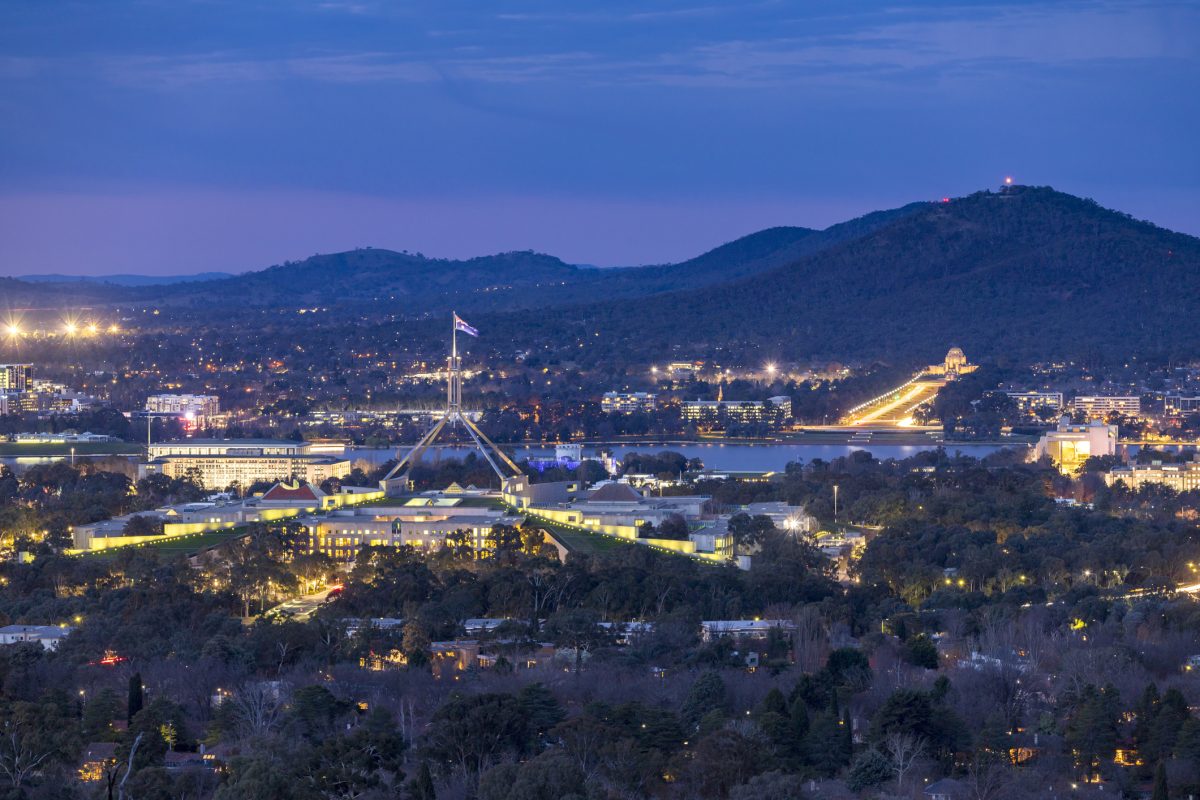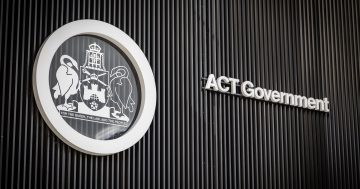
Canberra is changing and can no longer be considered just a public service town. Photo: File.
Canberra’s relationship with the Australian Public Service is getting a tweak from both ends, with the ACT Government and the federal bureaucracy flagging changes ahead for the capital.
In his 2024 State of the Territory address, Chief Minister Andrew Barr suggested Canberra could no longer be considered purely a public service town.
He said the proportion of APS employees in the ACT workforce had dropped significantly (31 per cent to 24 per cent) in the 10 years between 2011 and 2021.
And the private sector grew at a much faster rate than did the public sector during that period.
That trend is continuing.
“We have an increasingly diverse, dynamic and growing labour market,” Mr Barr said.
“The Federal Government is still clearly the main employer and its presence in our economy is a very significant factor.”
The Chief Minister added that the city itself was changing and his government had a strategy to reinvigorate the CBD while also expanding further afield.
That means looking at the state of the city’s infrastructure.
“We face a dual task of needing to build new, but also needing to replace some of that ageing infrastructure,” he said.
“We want more people living in our CBD, but we will also need new suburbs.”
Meanwhile (the very next day), a federal departmental secretary has stressed the need for the APS to look beyond the capital city to build its workforce.
Department of Health and Aged Care Secretary Blair Comley told an Institute of Public Administration Australia event that flexibility in the workforce had changed so dramatically that many public servants could work remotely.
That means more APS employees located outside of the ACT and more people spending more time working away from the office.
“Now we have a conversation about whether it’s too inflexible to ask someone to come in for one meeting a week in the office, because we’ve really had this massive transformation,” he said.
In his own department, there are now 10 per cent more people working outside the ACT than there were a year ago.
The secretary said that was a trend that would continue because the workforce was increasingly located outside of the capital.
“We have this massive hybrid working environment and I think that’s a big change,” he said.
“I think we’re still in the transition point.”
The recent capability review of the Health Department, published late last year, revealed that middle management there had struggled to deal with a high level of workplace flexibility.
The review suggests they haven’t been trained for it and there was an evident frustration at not being able to bring teams together like they used to.
But it’s not just in Health. These are commonly shared problems across agencies.
And while most public servants have been eagerly anticipating the start of their new rights to work from home more often, or to work from outside of Canberra, some government agencies are still scrambling to embrace the fresh approach to workplace conditions.
Departments are having to restructure ICT networks to accommodate the new arrangements. In some instances, systems have been or are being entirely replaced.
Rostering staff is also shaping up to be somewhat of a potential nightmare for public service bosses. Flexible working arrangements for employees were secured in APS-wide bargaining negotiations last year.
Agreements at agency level are currently finalising and being positively voted on.
And as previously reported by Region, fewer APS employees located in the capital – combined with the slash to external consultants to the sector – has already impacted the ACT’s bottom line.
Payroll tax has taken a huge hit following the $3 billion cut to Federal Government spending on consultancies in the APS.
Mr Barr recently said the slowdown in spending due to higher interest rates and inflation also meant GST payments for the territory would be reduced.
The payroll tax slump from the engagement of fewer consultants adds to the pain and what is expected to be a bigger-than-expected deficit.
It all adds up to a $189 million hit to revenue in 2023-24 and $99.2 million over the four years to 2026-27. However, the ACT Government expects the deficit to be temporary.




















